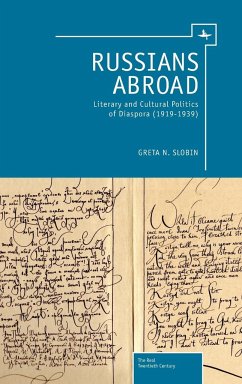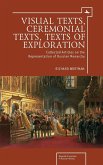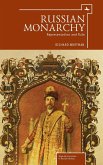This book presents an array of perspectives on the vivid cultural and literary politics that marked the period immediately after the October Revolution of 1917, when Russian writers had to relocate to Berlin and Paris under harsh conditions. Divided amongst themselves and uncertain about the political and artistic directions of life in the diaspora, these writers carried on two simultaneous literary dialogues: with the emerging Soviet Union and with the dizzying world of European modernism that surrounded them in the West. The book's chapters address generational differences, literary polemics and experimentation, the heritage of pre-October Russian modernism, and the fate of individual writers and critics, offering a sweeping view of how exiles created a literary diaspora. The discussion moves beyond Russian studies to contribute to today's broad, cross-cultural study of the creative side of political and cultural displacement.








